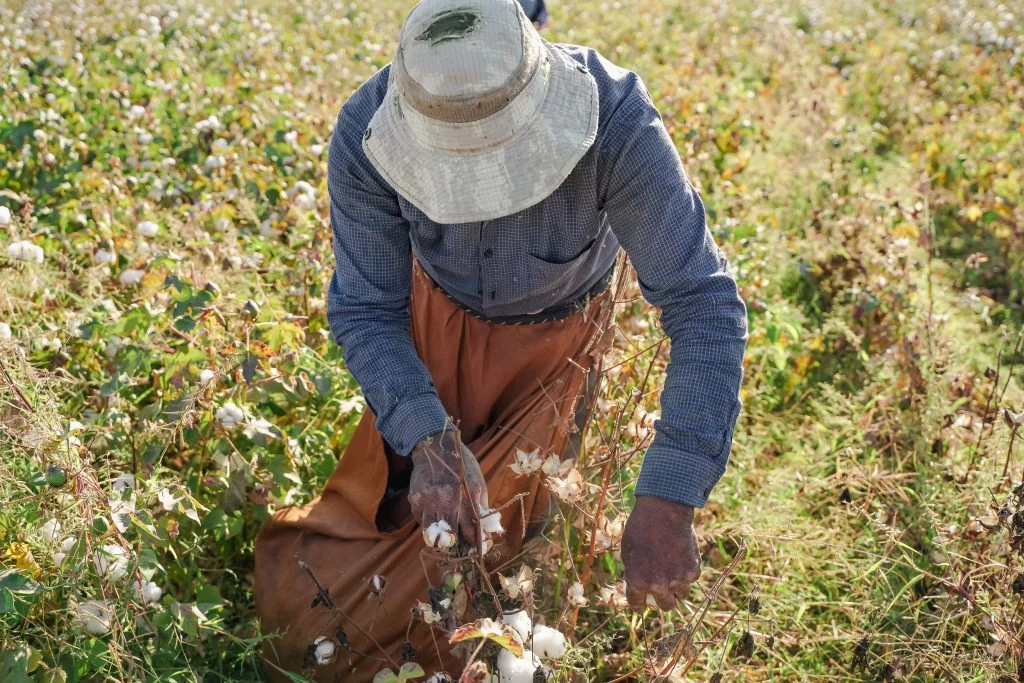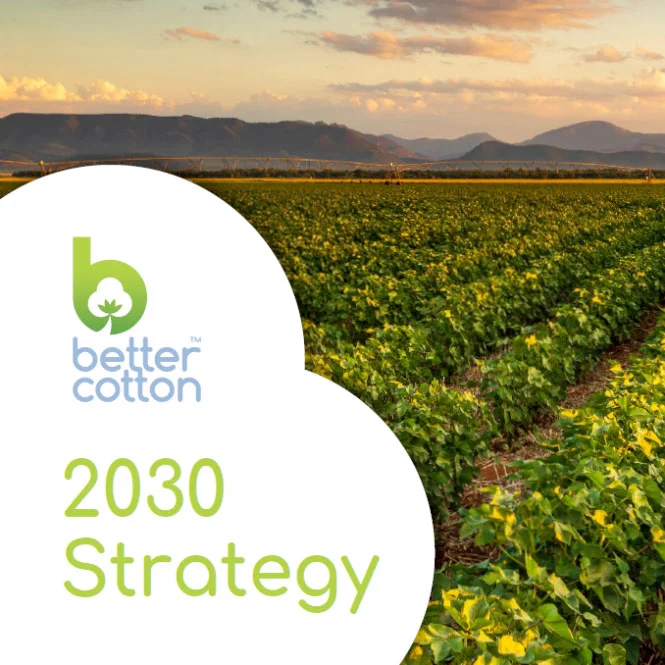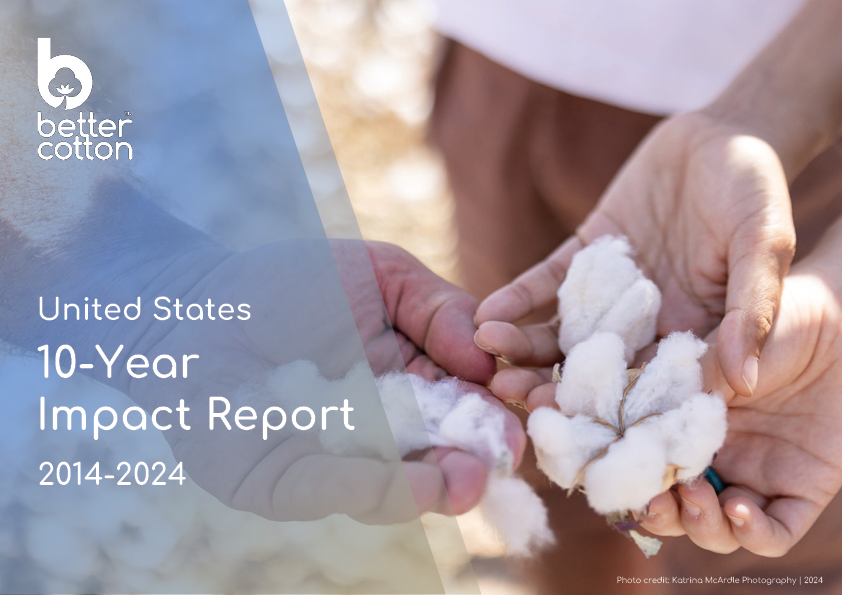- Who we are
- What we do
In just over 10 years we have become the world’s largest cotton sustainability programme. Our mission: to help cotton communities survive and thrive, while protecting and restoring the environment.
- Where we grow
Better Cotton is grown in 22 countries around the world and accounts for 22% of global cotton production. In the 2022-23 cotton season, 2.13 million licensed Better Cotton Farmers grew 5.47 million tonnes of Better Cotton.
- Our impact
- Membership
Today Better Cotton has more than 2,700 members, reflecting the breadth and diversity of the industry. Members of a global community that understands the mutual benefits of sustainable cotton farming. The moment you join, you become part of this too.
- Associate Membership
- Civil Society Membership
- Producer Organisation Membership
- Retailer and Brand Membership
- Supplier and Manufacturer Membership
- Find Members
- Member Monitoring
- Better Cotton Platform
- myBetterCotton
- Resources – Better Cotton Conference 2022
- Complaints
- Whistleblowing
- Safeguarding
- Get Involved in the Better Cotton Programme
- Thank you for contacting us
- Better Cotton’s Data Privacy Policy
- Log in
- Members’ Area
- Request for Proposals
- Better Cotton Cookie Policy
- Web Reference
- Measuring Cotton Consumption
- How to Implement the Chain of Custody Standard
- Resources – Better Cotton Conference 2023
- Certification Bodies Old
- Latest
- Sourcing
- Latest
The founding premise of Better Cotton is that a healthy sustainable future for cotton and the people that farm it is in the interests of everyone connected with it.
Let us help you find what you’re looking for
Results for {phrase} ({results_count} of {results_count_total})Displaying {results_count} results of {results_count_total}


By Nathanael Dominici, Climate Change Manager at Better Cotton
Agriculture, which accounts for over 10% of the world’s greenhouse gas (GHG) emissions, has a huge potential to positively influence global GHG mitigation strategies. Reducing the amount of greenhouse gases in our atmosphere is crucial in limiting the impacts of climate change, and agricultural sectors such as cotton have a key role to play in this, from reducing the emissions released by pesticides and fertilisers to storing atmospheric carbon through forests and soil.
Cotton communities are already being severely affected by climate change, and will continue to feel this impact as the climate crisis continues. This means that whilst GHG mitigation is essential, the cotton sector must also support cotton farmers and workers to develop climate adaptation strategies to minimise the impact of climate change on their farms and better prepare for climate shocks.
Consequently, helping farmers to adopt low-carbon practices and reinforcing their resilience to climate change whilst improving their livelihoods are critical priorities for Better Cotton, with our 2030 Strategy outlining our target of reducing greenhouse gas emissions per tonne of Better Cotton lint produced by 50% from the 2017 baseline.
In order to acknowledge these challenges and support our farmers in meeting this target, in the recent revision of our Principles and Criteria (P&C) we introduced a more explicit focus on climate change. The P&C, which lays out the global definition of Better Cotton, was updated earlier this year to ensure that it remains an effective tool to drive continuous improvement and deliver sustainability impact at field level.
The revised document, version 3.0, recognises that, given the importance of addressing climate change, measures for both adaptation and mitigation need to be understood as cross-cutting priorities, incorporated across all Principles.
To that end, it includes a new Criterion in the Management Principle, requiring Producers to get acquainted with how climate change is likely to affect their farming operations. We provide guidance on what they can do to adapt and build resilience and, in turn, where their main leverage to mitigate climate change lies. They can then integrate this knowledge into their decision-making around farming practices and beyond.
Recognising the cross-cutting character of the topic, practices that help farming communities adapt and build resilience, as well as reduce their own contribution to climate change, have been mainstreamed across all Principles. For example, climate-smart agricultural practices such as effective water use, increasing crop diversity, leaving no bare soils, reducing the use of synthetic fertilisers, effective integrated pest management strategies and non-deforestation are all core in the Principles around Natural Resources and Crop Protection.
On top of this, the P&C v.3.0 also incorporates a focus on climate change’s impacts on farming communities, and aims to ensure a just transition, where farmers’ and workers’ rights and protection are prioritised. As a result, we have included a new Principle to build and strengthen sustainable and resilient livelihoods. More focus is also given to the effects of climate change on the daily life of workers, with strengthened requirements around occupational health and safety in the Decent Work Principle that aim to prevent and address the effects of heat stress, including rest breaks with access to shade and potable water.
Lastly, acknowledging that women and girls are more vulnerable to climate change impacts and are also often the ones implementing and feeling the effects of mitigation and adaptation measures, the revised P&C also strengthens its approach to increasing gender equality. Keep an eye out for the next blog in our P&C revision series to find out more about this, and head to this page to read more about the revision.


